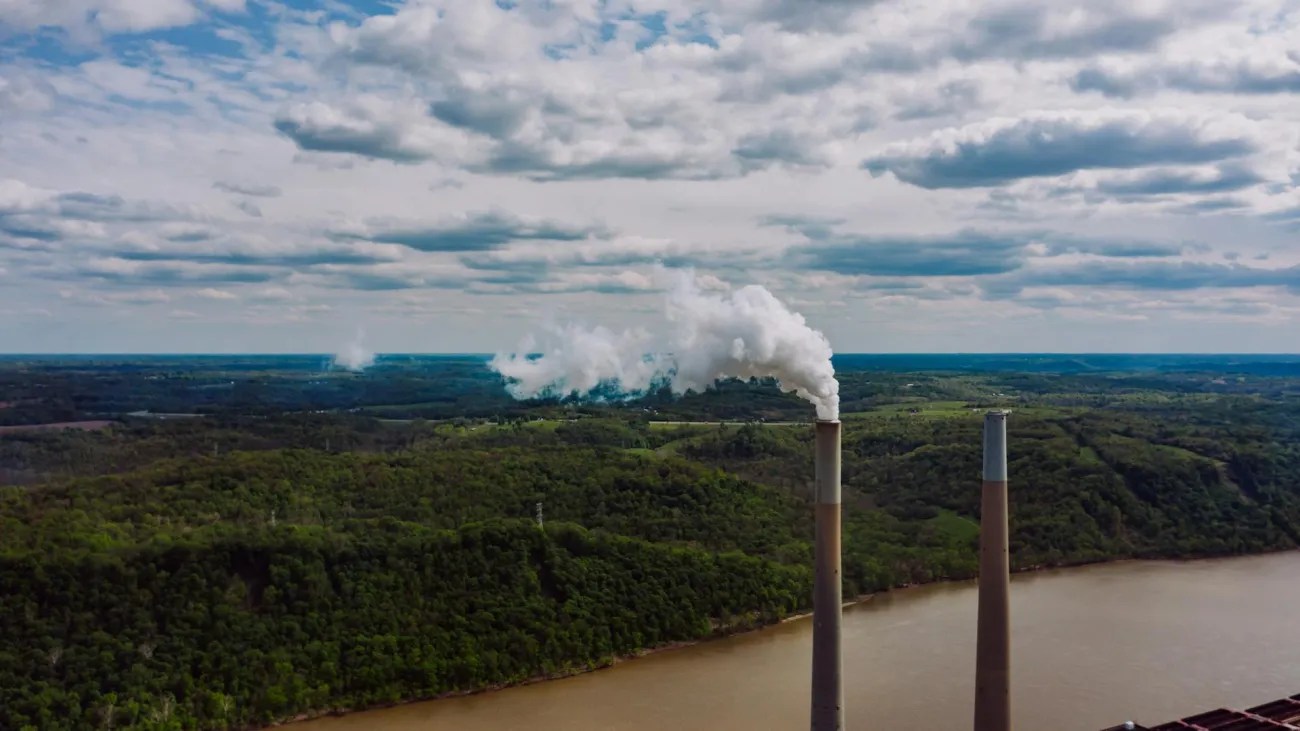This study finds that measures to tackle methane and black carbon emissions could reduce global warming by about 0.5°C by 2050. It would also lower the burden of premature deaths and increase crop yields.
Note that the study looks at seven methane related measures some of which are agriculture or food related: wastewater, livestock manure, rice paddies, coal mining, oil and gas production, long-distance gas transmission, municipal waste and landfills.
The main paper doesn’t go into details about the measures themselves but the online supporting information lists these approaches:

Abstract
Tropospheric ozone and black carbon (BC) contribute to both degraded air quality and global warming. We considered ~400 emission control measures to reduce these pollutants by using current technology and experience. We identified 14 measures targeting methane and BC emissions that reduce projected global mean warming ~0.5°C by 2050. This strategy avoids 0.7 to 4.7 million annual premature deaths from outdoor air pollution and increases annual crop yields by 30 to 135 million metric tons due to ozone reductions in 2030 and beyond. Benefits of methane emissions reductions are valued at $700 to $5000 per metric ton, which is well above typical marginal abatement costs (less than $250). The selected controls target different sources and influence climate on shorter time scales than those of carbon dioxide–reduction measures. Implementing both substantially reduces the risks of crossing the 2°C threshold.
Reference
Shindell D, Kuylenstierna J C I, Vignatti E, van Dingenen R, Amann M, Klimont Z, Anenberg S C, Muller N, Janssens-Maenhout G, Raes F, Schwartz J, Faluvegi G, Pozzoli L, Kupiainen K, Höglund-Isaksson L, Emberson L, Streets D, Ramanathan V, Hicks K, Oanh N T K, Milly G, Williams M, Demkine V and Fowler D (2012). Simultaneously Mitigating Near-Term Climate Change and Improving Human Health and Food Security, Science: 183-189.[DOI:10.1126
You can download the paper here and supporting material here (subscription access only).
NASA provides detailed coverage here. The UNEP report on the subject (which the Science paper summarises) can be found here.




Comments (0)